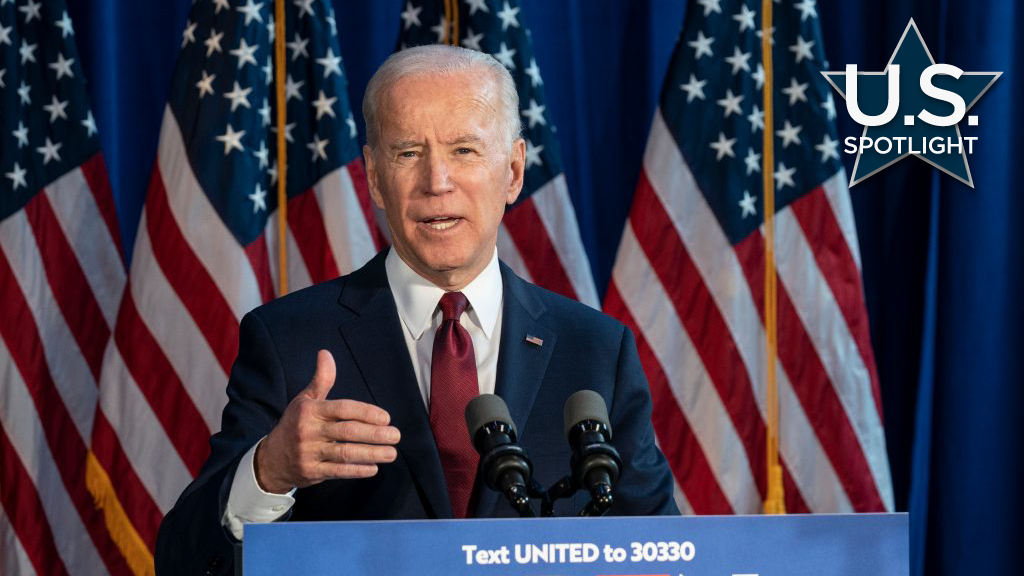In a surprising turn of events, Joe Biden’s withdrawal from the U.S. presidential race has left a void of uncertainty in the world, especially as Western leaders navigate conflicts in Ukraine and Gaza, China’s growing assertiveness, and the rise of the far right in Europe. Biden’s departure has raised questions about the future of U.S. foreign policy and the impact on global relationships.
With Biden known for his extensive personal relationships with foreign leaders, the potential replacements on the Democratic ticket may not have the same level of experience and rapport. As messages of support pour in for Biden, the world is left to speculate on what comes next.
Israel is particularly concerned about the implications of Biden’s departure, as Vice President Kamala Harris is being eyed as a potential replacement. Israelis are analyzing Harris’s record of support for Israel and how it may differ from Biden’s historically strong stance. The future dynamic between Israel and the U.S. could shift with a new Democratic candidate in the mix.
In Ukraine, the U.S.’s military support has been a cornerstone of Biden’s legacy. While a Democratic candidate is likely to continue this support, there has been frustration over the slow pace of aid and restrictions on Western weapons. The region is bracing for potential changes as the presidential race unfolds.
China, a key player in global affairs, has been a point of contention between Biden and Trump. Both have sought to show strength against Beijing’s military and economic advancements. China’s response to the U.S. presidential race has been measured, with observers noting that the outcome may not drastically alter the relationship between the two countries.
In the Middle East, Iran’s involvement in conflicts across the region adds another layer of complexity. The U.S.’s approach to Iran, including the nuclear deal and economic sanctions, will likely be a focal point for the next administration. With a new reformist president in Iran, there are opportunities for change but also risks of escalating tensions.
The relationship between Europe, NATO, and the U.S. is also a crucial factor in global stability. While many Europeans were relieved by Trump’s departure, there is uncertainty about Biden’s decision to drop out. The future of NATO’s support for Ukraine and the handling of authoritarian states are at stake in the upcoming election.
The close ties between Mexico and the U.S. have also faced challenges in recent years, especially on issues of trade and immigration. President López Obrador’s administration has navigated these issues with both Trump and Biden, maintaining certain policies while seeking common ground. The future of U.S.-Mexico relations will depend on the outcome of the presidential election.
As the world watches the U.S. presidential race unfold, the implications for global relations are significant. From Israel to China, Ukraine to Iran, Europe to Mexico, the decisions made in Washington will shape international dynamics for years to come.
Source link

